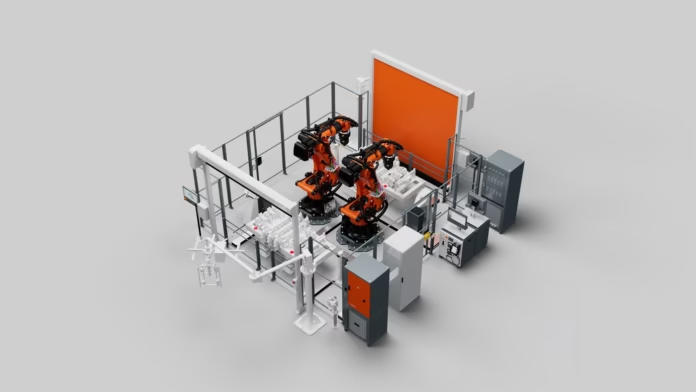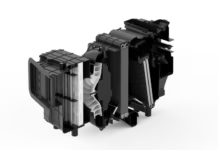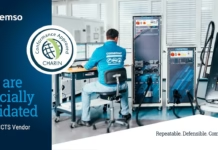Revolutionizing Electric Vehicle Manufacturing
As the automotive industry accelerates the shift towards sustainable mobility, innovative manufacturing technologies are essential to meet rising demand and quality standards. Electric vehicles (EVs) require specialized production methods to ensure durability, safety, and efficiency—especially in battery assembly. KUKA, a leader in industrial robotics, is at the forefront of this transformation. By delivering advanced friction stir welding (FSW) cells integrated with powerful robots, KUKA supports major automotive manufacturers in optimizing EV production lines. This technology not only enhances manufacturing flexibility but also promotes environmental sustainability, making it a cornerstone in the evolution of e-mobility.
KUKA’s Friction Stir Welding Technology in EV Production
KUKA’s friction stir welding cells are specifically designed to handle the complex welding tasks involved in electric vehicle battery assembly. These cells use KUKA KR FORTEC robots equipped with specialized clamping devices to join battery cases and attach cooling water jackets. This multi-stage welding process ensures robust, high-quality connections critical to battery performance and safety. The integration of these cells into production lines allows manufacturers to maintain high throughput while meeting stringent quality requirements.
Flexible and Sustainable Manufacturing
One standout feature of KUKA’s solution is its flexibility. The upgraded production plants can manufacture combustion engine vehicles, hybrids, and electric vehicles on the same lines. This adaptability reduces downtime and investment costs. Furthermore, the redesign focuses on creating a more employee-friendly and environmentally sustainable work environment. By using FSW technology, which consumes less energy and material compared to traditional welding, KUKA helps manufacturers reduce their carbon footprint while improving operational efficiency.
The Advantages of Friction Stir Welding
FSW technology offers significant benefits over conventional welding methods. It uses a rotating tool to generate frictional heat, plasticizing materials and joining them without melting. This enables welding of difficult or dissimilar materials such as aluminum to magnesium, copper, or steel—common in EV battery trays. The process produces high-strength, defect-free weld seams that enhance the durability and safety of electric vehicles.
Broad Industry Applications
While FSW is pivotal in e-mobility, its applications extend beyond automotive manufacturing. Industries such as aerospace, electrical engineering, and high-speed rail also rely on FSW for components requiring exceptional weld quality. This cross-industry relevance underscores the technology’s robustness and adaptability, positioning it as a key enabler of advanced manufacturing.
High-Performance KR FORTEC Robots
Welding with FSW demands robots capable of withstanding high process forces and maintaining precision. KUKA’s KR FORTEC robot family includes specialized machine tooling variants designed for these challenges. These robots feature powerful motors, enhanced rigidity, and advanced control systems to ensure consistent weld quality. The upcoming KR FORTEC ultra models, launching in April 2025, offer even greater reach and accuracy, expanding the scope of FSW applications.
Comprehensive FSW Solutions
KUKA’s offering goes beyond robots. Their portfolio includes modular production cells (cell4_FSW), turnkey solutions, and application modules tailored to customer needs. This holistic approach simplifies integration and accelerates deployment, enabling manufacturers to scale production efficiently while maintaining high standards.
Pioneering Sustainable Mobility with Advanced Welding
KUKA’s friction stir welding technology exemplifies how innovation drives the future of electric vehicle manufacturing. By combining flexible production capabilities, superior welding quality, and sustainable processes, KUKA empowers automotive manufacturers to meet the demands of the e-mobility revolution. As the transition to electric vehicles intensifies, advanced robotics and welding solutions like those from KUKA will play a critical role in shaping a cleaner, more efficient transportation landscape.






